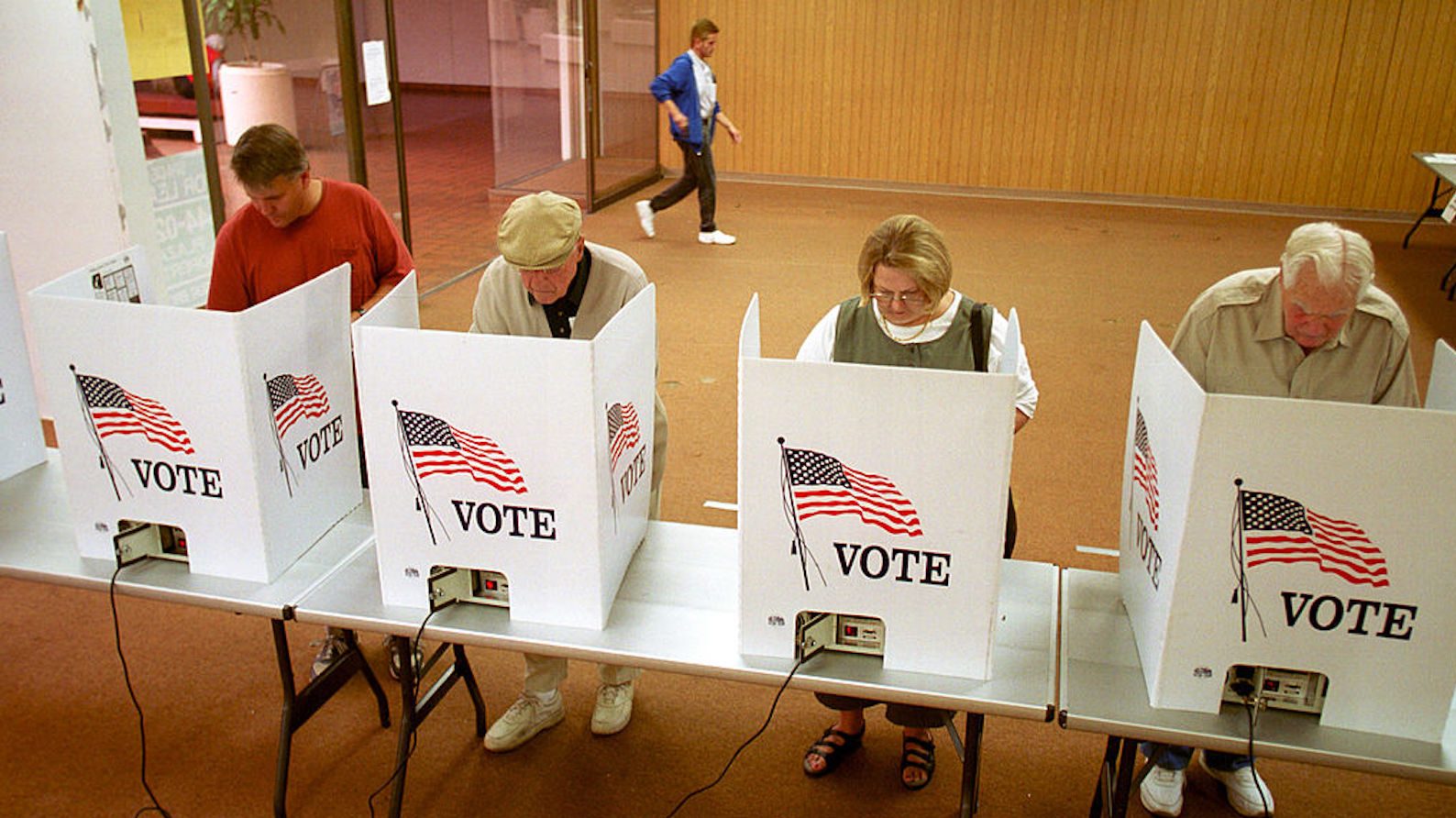A legal clash is coming between the Mexican government and the automotive industry.
The automotive industry analyzes to protect itself against the cancellation of the NOM 236 of vehicular verification.
This rule provided for vehicle verification, at a cost of one thousand pesos per unit, of the physical-mechanical conditions of the vehicle fleet to ensure greater safety and reduce road accidents.
The intention was that just as the emission of pollutants from vehicles is verified periodically, their operating conditions would also be verified.
Just the day before yesterday, on Sunday afternoon, the Ministry of Economy made its cancellation official.
The automakers and distributors consider that the presidential decision for the Mexican government to retract the entry into force of the Official Mexican Standard 236, is based on political and not regulatory criteria.
In addition to the fact that the cancellation of NOM-236 did not comply with the procedure established by the General Law of Infrastructure for Quality.
In other words, the Ministry of Economy would have failed to comply with what the law establishes, in order to comply with the presidential instruction.
Everything indicates that the President of the Republic had not found out about the issue until, in the middle of last May, in a morning conference they asked him about it. There publicly, the Chief Executive, visibly angry, slammed the now former Secretary of Economy.
The presidential phrase that remained for posterity was: “we are not going to be bagging people.”
That day he gave her a tremendous public “bump”, although the next day he gave her a “little poke” by saying that she was a very efficient official.
But despite the public scolding and pampering, the presidential instruction remained firm. When it seemed that the subject had already been forgotten, came the “Sunday”. In a brief statement last Sunday, November 6.
Consequently, both the Mexican Association of the Automotive Industry (AMIA), chaired by José Zozaya, and which brings together the most important assemblers in Mexico, and the Mexican Association of Car Dealers (AMDA), chaired by Guillermo Rosales, analyze the possibility of filing an amparo against the cancellation of NOM 236.
It must be remembered that this NOM-236 was prepared when the unit was headed by Tatiana Clouthier, who would have worked on and prepared the respective regulation in coordination with the automotive industry.
It is a rule issued just last May 3 of the current year by the Ministry of Economy and published in the Official Gazette of the Federation. In other words, it is a regulation already promulgated. In the current six-year term, the automotive industry has suffered strong blows from the Mexican government. Among them, the regularization of chocolate cars in a growing number of entities in the Mexican Republic. In this regard, an astonishing data: This year more used vehicles will be regularized than new ones will be sold in the same period. They will reach 1 million regularized units.
On the other hand, the Mexican government, together with the representatives of this industrial sector, face allies with the Canadian government and the US government due to the latter nation’s interpretation of the rules of origin in the automotive industry.
And according to sector analysts, this sector could be the target of the “tariff bazookas” that the US government could apply to Mexico in the event that it wins the energy dispute.
The automotive industry represents 3.5% of the Gross Domestic Product; last year it generated over 930 thousand jobs; it attracted foreign direct investment for 5 thousand 367 million dollars, and manufactured 3 million cars with which it was placed in seventh place worldwide. The automotive industry is very important for the generation of foreign exchange, jobs, the production of vehicles and the boost it gives to the economy. I hope that what it represents is taken into consideration. We will see.
glimpses
With the budget law reform, the government –according to the official version– will be able to deposit cash or government bonds purchased by the federal government into the Fund for Stabilization and Budgetary Income (FEIP), which will strengthen the Fund itself, because it will benefit from the payment of interest, in addition to being able to sell them when required, because they are liquid. This does not affect the budget or the debt ceiling. They are assets that the federal government owns and are assets that it has in treasury. Likewise, the FEIP may receive excess income from savings derived from the financial cost of the debt or from remnants of fiscal operations.
marcomaresg@gmail.com
hartford car insurance shop car insurance best car insurance quotes best online car insurance get auto insurance quotes auto insurance quotes most affordable car insurance car insurance providers car insurance best deals best insurance quotes get car insurance online best comprehensive car insurance best cheap auto insurance auto policy switching car insurance car insurance quotes auto insurance best affordable car insurance online auto insurance quotes az auto insurance commercial auto insurance instant car insurance buy car insurance online best auto insurance companies best car insurance policy best auto insurance vehicle insurance quotes aaa insurance quote auto and home insurance quotes car insurance search best and cheapest car insurance best price car insurance best vehicle insurance aaa car insurance quote find cheap car insurance new car insurance quote auto insurance companies get car insurance quotes best cheap car insurance car insurance policy online new car insurance policy get car insurance car insurance company best cheap insurance car insurance online quote car insurance finder comprehensive insurance quote car insurance quotes near me get insurance







